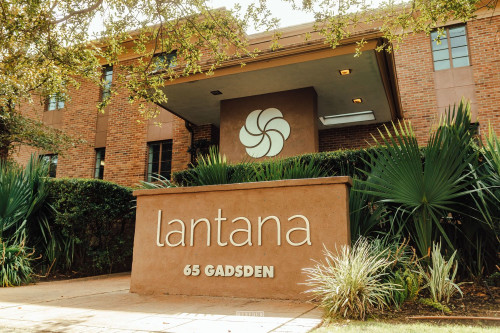






Lantana Recovery South Carolina
Verified Center
This provider's information has been quality-checked by Recovery.com's Research Team for accuracy and completeness, including center verification through appropriate third-party organizations.
Treatment Focus
This center treats substance use disorders and co-occurring mental health conditions. Your treatment plan addresses each condition at once with personalized, compassionate care for comprehensive healing.
Primary Level of Care
Outpatient treatment offers flexible therapeutic and medical care without the need to stay overnight in a hospital or inpatient facility. Some centers offer intensive outpatient program (IOP), which falls between inpatient care and traditional outpatient service.
Treatment Focus
This center treats substance use disorders and co-occurring mental health conditions. Your treatment plan addresses each condition at once with personalized, compassionate care for comprehensive healing.
Primary Level of Care
Outpatient treatment offers flexible therapeutic and medical care without the need to stay overnight in a hospital or inpatient facility. Some centers offer intensive outpatient program (IOP), which falls between inpatient care and traditional outpatient service.
Provider's Policy
At Lantana Recovery, treatment for Substance Use Disorder is covered by most commercial insurance policies both in and out of network. Lantana Recovery does not accept Medicare or Medicaid, but can work with most ObamaCare or HealthCare.gov policies. If you wish to use insurance, the potential client can provide basic information from their insurance card during the prescreen. For clients without insurance or behavioral health coverage, Lantana offers financial assistance for those who qualify. Alternatively, Lantana partners with Lightstream to finance treatment at a low interest rate. For more information, call our admissions department.
Lantana Recovery South Carolina
Lantana Recovery South Carolina
About Lantana Recovery South Carolina
Lantana Recovery provides multiple levels of outpatient treatment with sober housing to help clients recover from addiction. They use a community-based approach in their treatment, integrating peer support, group therapies, and community living into their recovery plans. Each client’s team includes a psychiatrist, licensed therapist, and a peer support specialist acting as their case manager and recovery advocate. Lantana Recovery offers a dual-diagnosis recovery program, gender-specific programs, and a young adult program.
Comprehensive And Community Oriented
Lantana Recovery’s recovery programs include their Empowerment Program, intensive outpatient program (IOP), partial hospitalization program (PHP), and medication management program. They additionally offer separate sober living homes men and women can reside in during outpatient treatment. In the Empowerment Program, clients live in one of Lantana Recovery’s sober living homes and progress through 2 phases of treatment. Phase one focuses on clinical care and therapy, while phase 2 centers on community integration and outings.
Structured Levels of Care
Lantana Recovery’s day treatment program, or PHP, provides 30 group and individual therapy hours per week. Clients can stay in Lantana Recovery’s sober living homes or their own home. Their psychiatrist prescribes medications as needed and monitors their effectiveness. Clients in IOP can attend group and individual therapy several times a week, including medication management sessions with their psychiatrist. Lantana Recovery provides transportation to and from their sober living homes and clinical building.
Family Support And Evidence-Based Care
Lantana Recovery provides support and counseling for family members. Their free family support group meets once a week and welcomes family members throughout the area. If desired, Lantana Recovery also hosts monthly family therapy sessions with clients and their families. Clients receive evidence-based therapies in a 1:1 or group setting throughout treatment, including cognitive behavioral therapy (CBT) and dialectical behavioral therapy (DBT). When not in active treatment, Lantana Recovery takes clients on beach outings and helps clients discover new hobbies and passions in their early recovery.

Highlights from the Center
Highlights
These highlights are provided by and paid for by the center.
1-on-1 Counseling
Customized Treatment Plans
Wellness Emphasis
Center Overview
Treatment Focus
This center treats substance use disorders and co-occurring mental health conditions. Your treatment plan addresses each condition at once with personalized, compassionate care for comprehensive healing.
Joint Commission Accredited
The Joint Commission accreditation is a voluntary, objective process that evaluates and accredits healthcare organizations (like treatment centers) based on performance standards designed to improve quality and safety for patients. To be accredited means the treatment center has been found to meet the Commission's standards for quality and safety in patient care.
Insurance Accepted
Cash Pay Rates
Estimated Cash Pay Rate
Center pricing can vary based on program and length of stay. Contact the center for more information. Recovery.com strives for price transparency so you can make an informed decision.
Meet Your Care Team
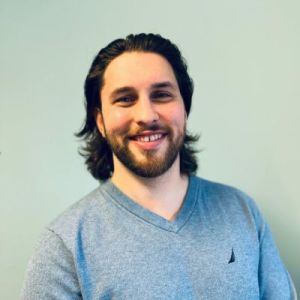
Dominic Rosa
Co-Founder & Chief Executive Officer
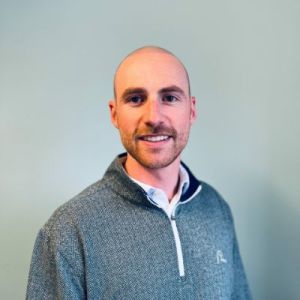
Eric Carver
Co-Founder & Chief Financial Officer

Warren Phillips
Co-Founder
LMSW
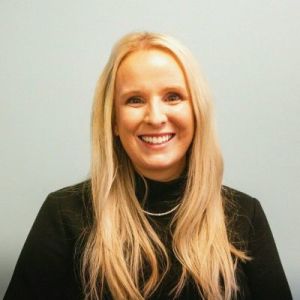
Lindsay Richerson
Director of Clinical and Medical Services
PMHNP-BC

Rob Teter
Director of Operations
CPSS
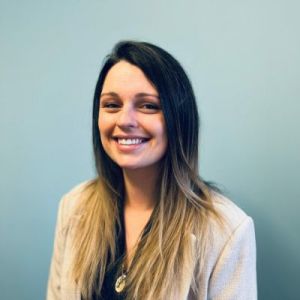
Amanda Cook
Director of Admissions
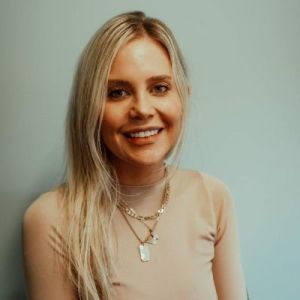
Ally Maguire
Primary Therapist
LPC-A, NCC
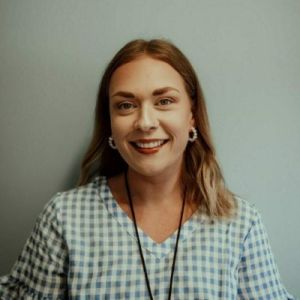
Demi Lewis
Primary Therapist
LPC-A
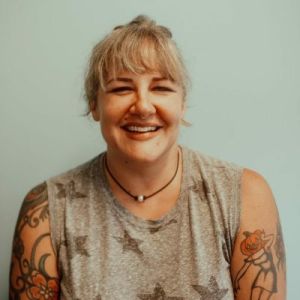
Katrina Robinson
Primary Therapist
LMSW
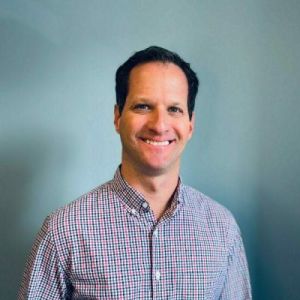
Chip Eggleton
Primary Therapist
MA, ADC-IP
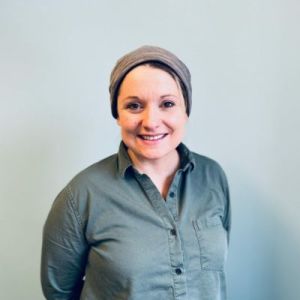
Jen Hunter
Case Manager
CPSS
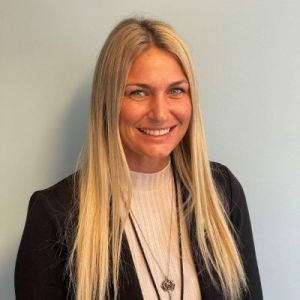
Jessie McDonald
Case Manager
CPSS
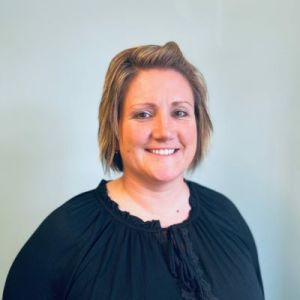
Sarah Wachtel
Admissions Counselor
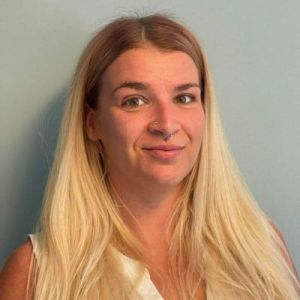
Summer Vestrand
Recovery Coach

Anthony Nosti
Admissions Coordinator
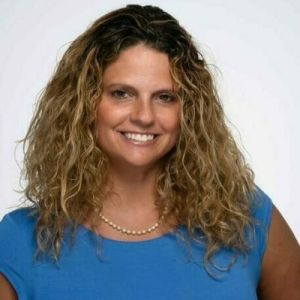
Kimberly Sheahan
VP OF BUSINESS DEVELOPMENT
BSN

DJ Falcioni
Regional VP of Business Development

Erin Sullivan
Recovery Coach

Katie Zeigler
Recovery Coach

Shea Socha
Recovery Coach

Josh Martin
Recovery Coach
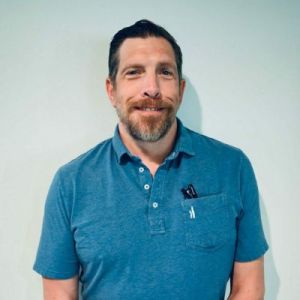
Brian Conn
Recovery Coach

Jak Kelly
Recovery Coach
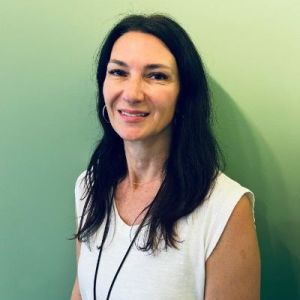
Jodi Barker
Office Manager




Levels of Care








Your Care Options
Specializations
Alcohol
Using alcohol as a coping mechanism, or drinking excessively throughout the week, signals an alcohol use disorder.
Benzodiazepines
Benzodiazepines are prescribed to treat anxiety and sleep issues. They are highly habit forming, and their abuse can cause mood changes and poor judgement.
Co-Occurring Disorders
A person with multiple mental health diagnoses, such as addiction and depression, has co-occurring disorders also called dual diagnosis.
Cocaine
Cocaine is a stimulant with euphoric effects. Agitation, muscle ticks, psychosis, and heart issues are common symptoms of cocaine abuse.
Heroin
Heroin is a highly addictive and illegal opioid. It can cause insomnia, collapsed veins, heart issues, and additional mental health issues.
Methamphetamine
Methamphetamine, or meth, increases energy, agitation, and paranoia. Long-term use can result in severe physical and mental health issues.
Opioids
Opioids produce pain-relief and euphoria, which can lead to addiction. This class of drugs includes prescribed medication and the illegal drug heroin.
Prescription Drugs
It's possible to abuse any drug, even prescribed ones. If you crave a medication, or regularly take it more than directed, you may have an addiction.
Who We Treat
Older Adults
Addiction and mental health treatment caters to adults 55+ and the age-specific challenges that can come with recovery, wellness, and overall happiness.
Executives
Executive treatment programs typically directly support the needs of people who manage businesses and may provide flexible schedules and office space to allow work during treatment.
Young Adults
Emerging adults ages 18-25 receive treatment catered to the unique challenges of early adulthood, like college, risky behaviors, and vocational struggles.
LGBTQ+
Addiction and mental illnesses in the LGBTQ+ community must be treated with an affirming, safe, and relevant approach, which many centers provide.
Men and Women
Men and women attend treatment for addiction in a co-ed setting, going to therapy groups together to share experiences, struggles, and successes.
Midlife Adults
For adults ages 40+, treatment shifts to focus on the unique challenges, blocks, and risk factors of their age group, and unites peers in a similar community.
Professionals
Busy, high-ranking professionals get the personalized treatment they need with greater accommodations for work, privacy, and outside communication.
Approaches
Spiritual Emphasis
Spirituality connects patients to a higher power and helps strengthen their recovery, hope, and compliance with other treatment modalities.
Evidence-Based
A combination of scientifically rooted therapies and treatments make up evidence-based care, defined by their measured and proven results.
Experiential
Expressive tools and therapies help patients process past situations, learn more about themselves, and find healing through action.
Family Involvement
Providers involve family in the treatment of their loved one through family therapy, visits, or both–because addiction is a family disease.
Holistic
A non-medicinal, wellness-focused approach that aims to align the mind, body, and spirit for deep and lasting healing.
Individual Treatment
Individual care meets the needs of each patient, using personalized treatment to provide them the most relevant care and greatest chance of success.
Medical
Medical addiction treatment uses approved medications to manage withdrawals and cravings, and to treat contributing mental health conditions.
One-to-One
Patients work with their treatment team members on a 1-on-1 basis, keeping their journey and treatment fully private and personalized.
Therapies
1-on-1 Counseling
Patient and therapist meet 1-on-1 to work through difficult emotions and behavioral challenges in a personal, private setting.
Meditation & Mindfulness
A practiced state of mind that brings patients to the present. It allows them to become fully aware of themselves, their feelings, and the present moment.
Trauma-Specific Therapy
This form of talk therapy addresses any childhood trauma at the root of a patient's current diagnosis.
Mindfulness Therapy
This ancient practice can be mental, emotional, and even spiritual. In meditation, you focus your attention on the present moment without judgement.
Adventure Therapy
This experiential approach uses the physical and emotional challenges of outdoor activities as tools for personal growth.
Attachment-Based Family Therapy
ABFT is a trauma-focused therapy that teaches you to form healthy relationships by rebuilding trust and healing attachment issues formed in childhood.
Conditions We Treat
Pornography Addiction
A person with a porn addiction is emotionally dependent on pornography to the point that it interferes with their daily life and relationships.
Schizophrenia
Schizophrenia is a serious mental health condition that causes hallucinations, delusions, and disordered thinking.
Grief and Loss
Grief is a natural reaction to loss, but severe grief can interfere with your ability to function. You can get treatment for this condition.
Personality Disorders
Personality disorders destabilize the way a person thinks, feels, and behaves. If untreated, they can undermine relationships and lead to severe distress.
ADHD, ADD
ADHD is a common mental health condition caused by dopamine imbalance. Common symptoms include inattention, hyperactivitiy, and impulsivity.
Anger
Although anger itself isn't a disorder, it can get out of hand. If this feeling interferes with your relationships and daily functioning, treatment can help.
Anxiety
Anxiety is a common mental health condition that can include excessive worry, panic attacks, physical tension, and increased blood pressure.
Substances We Treat
Alcohol
Using alcohol as a coping mechanism, or drinking excessively throughout the week, signals an alcohol use disorder.
Benzodiazepines
Benzodiazepines are prescribed to treat anxiety and sleep issues. They are highly habit forming, and their abuse can cause mood changes and poor judgement.
Chronic Relapse
Consistent relapse occurs repeatedly, after partial recovery from addiction. This condition requires long-term treatment.
Co-Occurring Disorders
A person with multiple mental health diagnoses, such as addiction and depression, has co-occurring disorders also called dual diagnosis.
Cocaine
Cocaine is a stimulant with euphoric effects. Agitation, muscle ticks, psychosis, and heart issues are common symptoms of cocaine abuse.
Drug Addiction
Drug addiction is the excessive and repetitive use of substances, despite harmful consequences to a person's life, health, and relationships.
Ecstasy
Ecstasy is a stimulant that causes intense euphoria and heightened awareness. Abuse of this drug can trigger depression, insomnia, and memory problems.
Heroin
Heroin is a highly addictive and illegal opioid. It can cause insomnia, collapsed veins, heart issues, and additional mental health issues.
Psychedelics
Hallucinogenic drugs—like LSD—cause euphoria and increased sensory experiences. When abused, they can lead to depression and psychosis.
Languages
Aftercare
Care Designed for Your Needs
Personal Amenities
Amenities
Special Considerations
Executive Program
Addiction and mental health treatment for executives typically involves high discretion, greater technology access, and more private, 1-on-1 care.
Flexible technology policies
Centers with flexible technology policies allow professionals to stay in touch with work and give patients a greater sense of connection and normalcy.
Gender-specific groups
Patients in gender-specific groups gain the opportunity to discuss challenges unique to their gender in a comfortable, safe setting conducive to healing.
Young Adults Program
Programs for young adults bring teens 18+ together to discuss age-specific challenges, vocational and educational progress, and successes in treatment.
Activities
Yoga
Yoga is both a physical and spiritual practice. It includes a flow of movement, breathing techniques, and meditation.
Off-Site Activities
Yoga
Yoga is both a physical and spiritual practice. It includes a flow of movement, breathing techniques, and meditation.
Off-Site Amenities
What people are saying
Treatment
5.0
Accommodations
5.0
Food & Nutrition
5.0
Value
5.0
Dino
Reviewed 08/01/23
Review from Rehabs.com
Mark
Reviewed 08/19/23
Review from Rehabs.com
Steven
Reviewed 08/17/23
Review from Rehabs.com
Dylan
Reviewed 08/17/23
Review from Rehabs.com
Sara
Reviewed 08/15/23
Review from Rehabs.com






